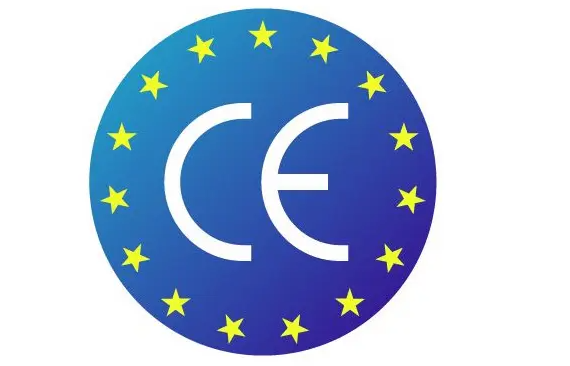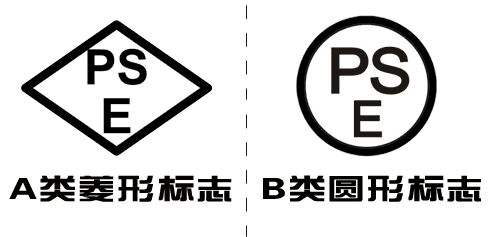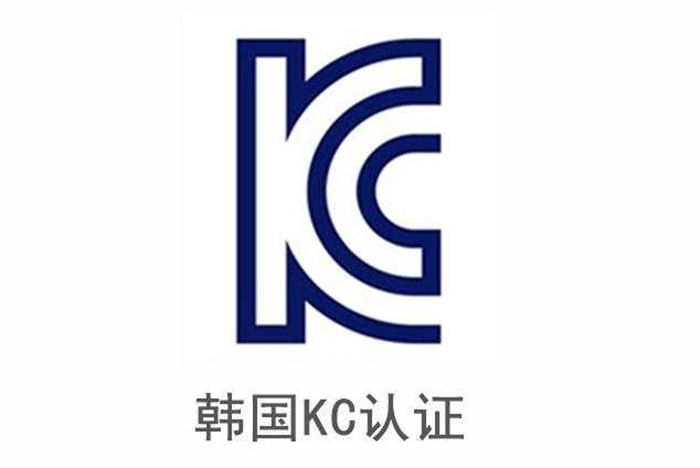As one of the mainstream specifications of lithium-ion batteries, the CCC certification for 18650 cylindrical batteries is a legal prerequisite for their circulation in the Chinese market. From the perspective of professional testing and certification, this certification is not only a rigid assessment of product safety performance, but also an important opportunity for enterprises to standardize production processes and enhance quality control capabilities.
The core standard on which this certification is based is GB 31241-2014 "Safety Requirements for Lithium-ion Batteries and Battery Packs for Portable Electronic Products", and it must also comply with the procedural requirements of the "Regulations on the Administration of Compulsory Product Certification". The standard clearly defines the technical indicators of 18650 batteries in the design, production, testing and other links, covering multi-dimensional safety requirements such as electrical performance, mechanical performance and environmental adaptability, providing a rigid basis for certification and testing.
The certification process can be simplified into three core steps. The first step is material submission. Enterprises submit basic materials such as business licenses and product technical documents to the designated certification body. The institution will complete the initial review within five working days. The second step is inspection and verification, which includes laboratory type tests (45-60 working days, covering 28 core tests) and on-site factory inspections (with a focus on verifying the consistency between mass production conditions and samples). The third step is certificate issuance. After going through the above procedures, the certification body will complete the final review and issue the certificate within 10 working days.
For manufacturers, there are several key matters that require special attention. The first is the compliance of key components. The protection circuits and electrode materials inside the battery should be selected from products that have passed CCC certification or meet the standards to avoid overall certification failure due to accessory issues. The second is the traceability of the production process. It is necessary to establish a full-process record system from raw material warehousing to finished product delivery to ensure that the test data and process parameters of each batch of products can be queried. The third is the continuous control after certification. The validity period of the certificate is five years. During this period, it is necessary to cooperate with the annual supervision and inspection of the certification body. If there is a change in the production address, process adjustment or other situations, an application for a change of certification should be made in advance.
In conclusion, the CCC certification for 18650 cylindrical batteries is a systematic compliance task that requires manufacturers to establish a full-chain quality assurance system from the design source to the production end. This is not only a basic requirement for meeting market access but also an inherent need for enterprises to enhance the competitiveness of their products.













